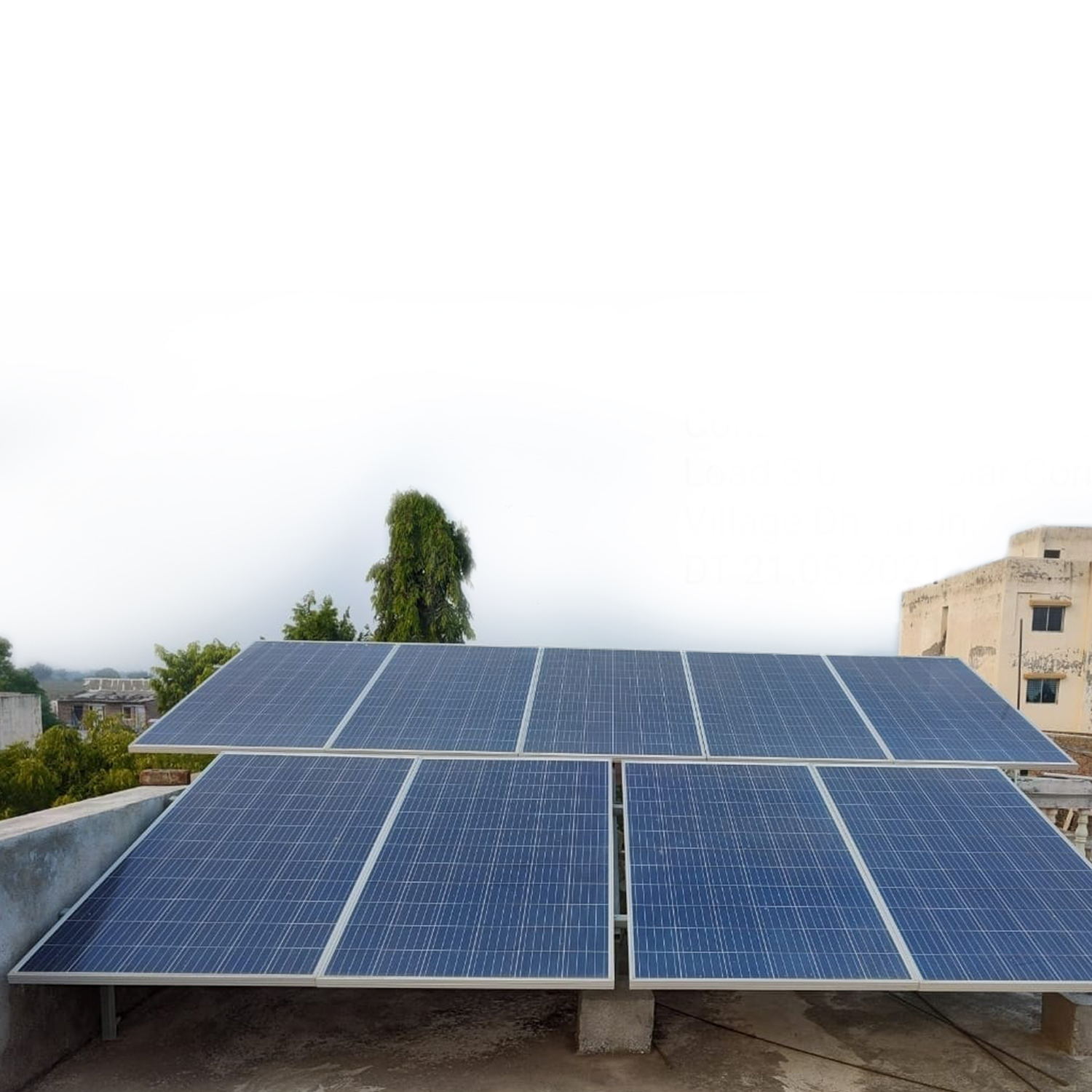New Delhi: The Ministry of New and Renewable Energy has announced the Scheme Guidelines for implementing ‘Incentives to DISCOMs’ under the PM-Surya Ghar: Muft Bijli Yojana. The guidelines, notified on July 18, 2024, outline the framework for a comprehensive initiative aimed at boosting rooftop solar capacity across the country.
With a substantial outlay of Rs 75,021 crore, the scheme is set to run until FY 2026-27. Under this initiative, Distribution Companies (DISCOMs) are designated as State Implementation Agencies (SIAs). They will play a pivotal role in facilitating key measures such as ensuring net meter availability, conducting timely inspections, and commissioning rooftop solar installations.
A significant portion of the scheme’s budget, Rs 4,950 crore, is earmarked for the ‘Incentives to DISCOMs’ component. This allocation subsumes the previous financial outlay under the Grid Connected Roof Top Solar (GCRT) Phase II programme, emphasizing the government’s commitment to accelerating solar energy adoption.
The incentive structure is designed to reward DISCOMs based on their performance in installing additional grid-connected rooftop solar capacity beyond a predetermined baseline level. Specifically, DISCOMs will receive 5% of the applicable benchmark cost for achieving an additional capacity of 10% to 15% over the installed base. For capacities exceeding 15%, the incentive increases to 10%. This progressive incentive mechanism aims to drive higher participation from DISCOMs, ensuring robust growth in rooftop solar capacity.
Additionally, the scheme includes an indicative rewards system to recognize and motivate the field staff of DISCOMs, fostering a culture of excellence and dedication towards the scheme’s goals.
The PM-Surya Ghar: Muft Bijli Yojana, approved by the Government of India on February 29, 2024, seeks to increase the share of solar rooftop capacity and empower residential households to generate their own electricity. By incentivizing DISCOMs and encouraging widespread adoption of rooftop solar installations, the scheme aims to make a significant impact on the country’s renewable energy landscape.





